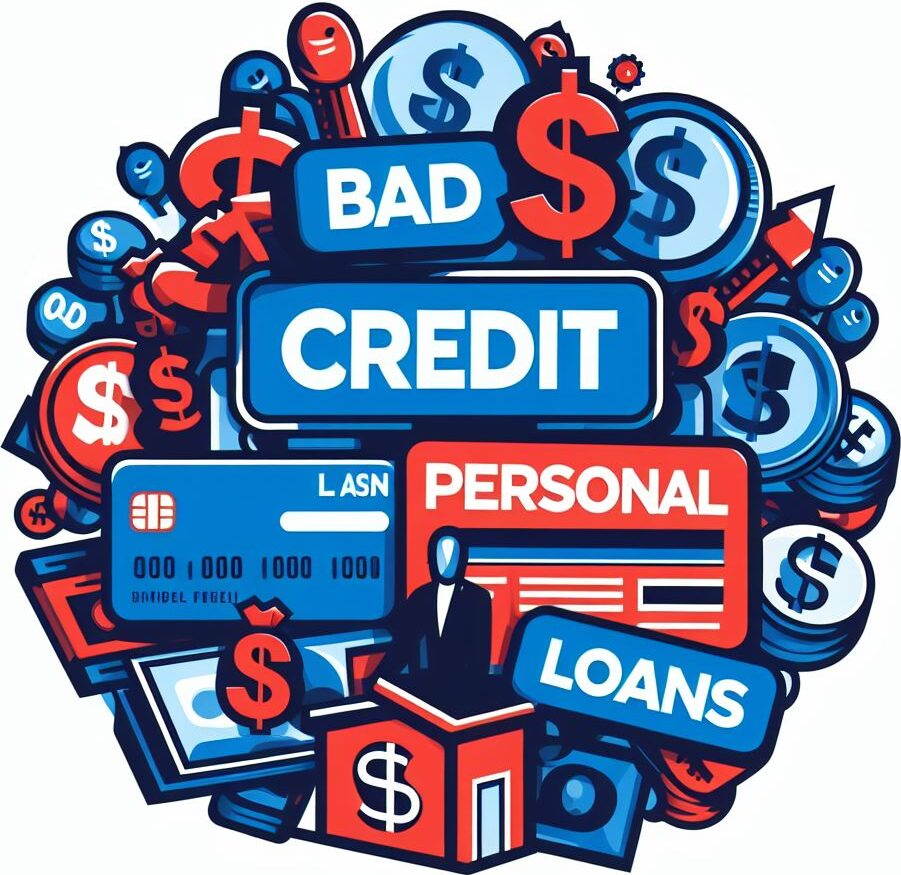
Your credit score is more than just a number; it’s a reflection of your financial reliability. This score is a critical factor when you apply for loans, credit cards, and even when you’re renting an apartment. It represents your creditworthiness and signals to potential lenders how responsible you are with managing credit.
Let’s break down credit scores into their components. Most commonly, credit scores are influenced by your payment history, amounts owed, length of credit history, new credit, and the types of credit in use. Each of these factors plays a role in calculating your score, which typically ranges from 300 to 850.
To start, it’s wise to get a copy of your credit report from one of the major credit bureaus: Equifax, Experian, or TransUnion. You’re entitled to one free report from each bureau every year. Regularly checking your credit report is essential to catch any discrepancies or unauthorized activities that could hurt your score.
When reviewing your credit report, pay close attention to any mistakes. Errors like incorrect personal information, outdated account statuses, or wrongful entries can drag down your score. If you spot inaccuracies, dispute them with the credit bureau immediately. Resolving these issues can give your credit score a significant boost.
As you gain a solid understanding of your credit score and its components, you’ll be well-equipped to take actionable steps toward improvement. Read on to discover the most immediate actions you can take to elevate your credit score.
Immediate Actions to Elevate Your Credit Score
If you’re eyeing a quick uplift in your credit score, focusing on timely bill payments is a strong first move. Your payment history is a significant piece of your credit score puzzle, so ensuring all bills are paid before their due dates can offer quick, positive results.
Credit utilization ratio – the balance you owe compared to your credit limit – should be next on your checklist. Financial experts suggest keeping this ratio UNDER 30%, ideally even lower. Lowering your credit card balances can lead to a noticeable increase in your credit score, sometimes in as little as a month.
Have you ever thought about having a chat with your creditors? It may sound daunting, but negotiating terms can be a straightforward strategy to get back on track. You can often secure lower interest rates or adjust your payment plan, actions that can work in your favor when managing your credit.
Non-credit bills can also play a role in your credit history. Services now exist that report your utility and rent payments to credit bureaus. If you reliably cover these expenses, ensuring they count towards your credit history is a wise step to take.
Strategic Long-Term Moves to Build and Maintain a Strong Credit Score
You realize quick fixes to boost your credit score are just part of the story. Embedding smart, strategic habits over time is where you see lasting change. Think of it like maintaining a healthy diet for life instead of opting for a quick-fix crash diet.
A well-rounded credit mix tells lenders you’re experienced in handling different types of credit, from credit cards to auto loans. It’s not about having as many accounts as possible, but showing you can responsibly manage different types of credit.
To paint a picture of a borrower who manages credit wisely, it’s important to use credit regularly but modestly. Charge only what you can afford and always pay the full amount due, not just the minimum.
For those just starting or looking to rebuild their credit, tools like a secured credit card could be the stepping stone you need. With these cards, you’re essentially borrowing against your own money, which minimizes risk for the lender but still reflects positively on your credit history as long as you make timely payments.
Through all this, remember that building credit is a marathon, not a sprint. The quickest impacts may come from addressing negative items, but sustained creditworthiness takes patience and discipline. Hang in there, keep your nose to the grindstone, and the results will follow.
Navigating Credit Improvement With Confidence: Expert Tips and Considerations
Improving your credit score isn’t just about quick fixes; it’s about adopting a strategy that fosters ongoing financial stability. As you’ve learned, deliberate and consistent actions set the foundation for a strong credit score over time. In this final section, I offer professional guidance to fine-tune your approach and empower you to maintain a healthy credit score with confidence.
First, be mindful of applying for new credit. Each application can result in a hard inquiry, which may temporarily ding your score. It’s prudent to apply for credit only when necessary and after you’ve researched the likelihood of approval.
Second, keep an eye on the number of hard inquiries made on your credit report. While one or two hard pulls might not have a major impact, several inquiries in a short period can be detrimental.
Avoid common credit pitfalls. High-interest debt from credit cards can snowball quickly, and missing even one payment can knock several points off your score. Aim to keep your balances low, pay your bills before due dates, and avoid taking on debt you cannot afford.
Credit monitoring services can be a significant asset. Not only do they help detect identity theft early, but they also enable you to track your credit score progress. Monitoring services often provide personalized tips based on your credit activity, which can help you make informed decisions.
Remember, the path to an excellent credit score is a marathon, not a sprint. Patience, diligence, and a proactive approach to managing your finances will yield the best results. Stay informed, stay disciplined, and trust that your efforts will pay off in the form of broader financial opportunities and the peace of mind that comes with financial health.
